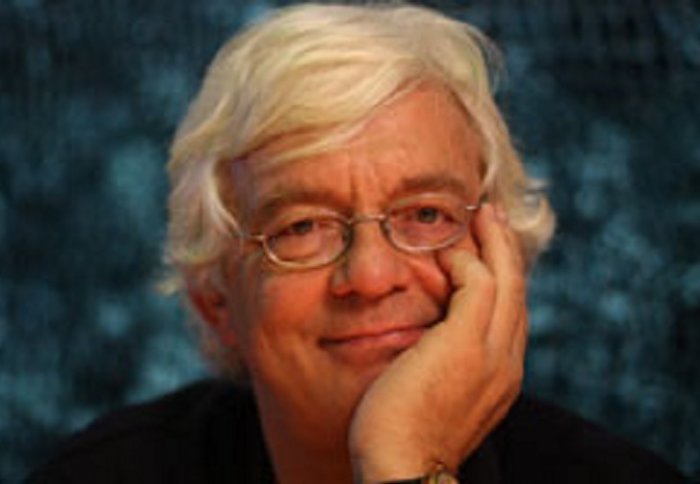Technique that revolutionised biology wins its inventors big science prize

Imperial's Professor Marin van Heel has been awarded the Wiley Prize in Biomedical Sciences this week for the development of a key imaging technology.
Emeritus Professor van Heel, from the Department of Life Sciences at Imperial, shares the $50,000 prize for his part in developing cryo electron microscopy (cryo-EM), a technique that allows scientists to image biological molecules in unprecedented detail.
He shares the prize with Dr Joachim Frank from Columbia University and Dr Richard Henderson from the MRC Laboratory of Molecular Biology in Cambridge.
Cryo-EM opens up a whole new perspective for scientists – it’s a great tool in structural biology, and it means we have new instruments in our fight against pandemics.
– Professor Marin van Heel
Cryo-EM is a technique that allows scientists to image biological molecules in their natural state. Previously, they had to ‘fix’ the molecules, either with stains or by forcing them to crystallise, which could change their structure and function.
Instead, cryo-EM embeds the biological sample in vitreous ice – ice that has been frozen so quickly that it does not form crystals that could damage the sample.
Now, with cryo-EM, biological macromolecules can be imaged at high resolution, allowing researchers to determine their structure and to thus better understand their mechanism of action. This may help significantly in the design of drugs to block their activity.
For example, cryo-EM has recently been used to determine the 3D structure of the protein shell of the Zika virus, allowing researchers to determine how it might infects its host.
The technique has also helped define the structure of bacterial ribosomes – the tiny molecular machines that cells use to assemble proteins – the building blocks for all biological functions.
By understanding how the bacterial structure differs from that of human ribosomes, researchers have been able to better understand and to design antibiotics that specifically target the bacterial ribosome, thus shutting down the invading cells.
Professor van Heel said: “Cryo-EM opens up a whole new perspective for scientists – it’s a great tool in structural biology, and it means we have new instruments in our fight against pandemics.”
Creating clear images
Professor van Heel developed many of the computer algorithms that make high-resolution cryo-EM possible. For example, he helped develop algorithms that create clear 3D images out of thousands of individual pictures taken during imaging.
Because biological macromolecules are actively moving nanomachines, a single 3D image of their structure may be blurred. The algorithms extract the 3D information from hundreds of thousands of extremely noisy molecular images to create a final, stable 3D image.
He said: “A great advantage of the cryo-EM approach is that you can solve a number of co-existing 3D structures at the same time, thus showing the different states the nanomachines can have while working.”
Driving a revolution
On winning the prize, Professor van Heel, who also holds positions at the National Nanotechnology Laboratory in Brazil and the Institute of Biology Leiden in the Netherlands, said: “We spent a long time developing the computational cryo-EM methodology since the 1980s, and it is great to see it has now reached the mainstream and been recognised in this way.”
Dr Harry Low, from the Department of Life Sciences at Imperial, uses cryo-EM in his work on bacterial secretion systems – nanomachines used by many pathogens to initiate and maintain infection. He said: “Cryo-EM is currently driving a revolution in our understanding of cellular architecture at a molecular level.
“Using cryo-EM combined with other biochemical techniques we can start to unravel at a fundamental level how such systems work, and to use these discoveries to create the medicines of tomorrow.”
Article text (excluding photos or graphics) © Imperial College London.
Photos and graphics subject to third party copyright used with permission or © Imperial College London.
Reporter
Hayley Dunning
Communications Division